“Rake’s Progress” makes a bright and polished return to Met
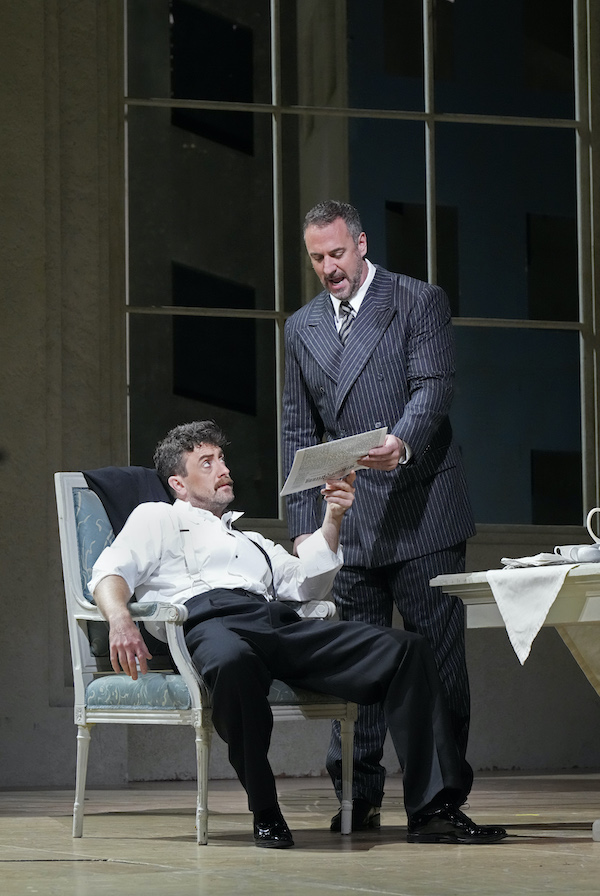
Stravinsky’s The Rake’s Progress (with libretto by W.H Auden), the final production of the Metropolitan Opera’s 2021-22 season, opened Monday night at the opera house. This is a revival of Jonathan Miller’s production, as fresh and pleasing as ever after 25 years and one that complements this great score.
The cast has tenor Ben Bliss as Tom Rakewell, soprano Golda Schultz as Anne Trulove, and bass-baritone Christian Van Horn as Nick Shadow. On top of that first-rate cast, there is the added interest of conductor Susanna Mälkki returning to the pit for the first time since her house debut in 2016 with Saariaho’s L’Amour de loin.
Fine music and fine musicians made for a musically superb evening. Bliss is an excellent Mozart tenor, which makes him ideal in this lithe and transparent part. Schultz has become a real draw at the Met, previously as Clara in Porgy and Bess and this season as the Countess in Le Nozze di Figaro, and her well-shaped sound is full of expression. Van Horn has a strong, almost majestic vocal presence. Alongside these, mezzo-soprano Raehann Bryce-Davis made a vibrant house debut as Baba the Turk.
The characterizations were mostly terrific, with Bliss and Schultz expressing internal thoughts and feelings with an ease and unselfconsciousness that honored the score, and drawing in the listener to their characters’ personal transformations through the drama.
Schultz has the brightness and clarity in her voice that generally has one thinking of youth, but can deliver the complexity and ambiguity of experience. Her “No word from Tom” had lovely phrasing and articulation that, though subtle, was even more impressive than her seeming ease in the spectacular high range of the music. The honesty and hard-earned wisdom of her character were palpable in her Act II encounter with Tom in London, and her later visit to him in Bedlam, in both scenes singing with a sincere understanding, showing while this character is innocent she is in no way naïve.
Bliss was fully an equal partner. His fervent energy captured the enthusiasm in the character, as well as his own turn from innocence to a façade of callousness, able to show the core of Tom coming through layers of boredom, frustration, and regrets. When Shadow bequeaths Tom the parting gift of insanity, Bliss’s modulation to a simpler sound was full of feeling and also color, and his singing in the scene in Bedlam delivered the most moving vocal performance of the night.
Van Horn didn’t have the same level of characterization. The sound was there, but he didn’t have that spark of wit, of fun, of, well, devilishness that one might expect from someone who gets to play the villain. One possible cause was that the sheer weight of his voice never sounded at home in this agile score, where even the darkest music has a bounce and spring from the rhythms and accents.
Bryce-Davis, in contrast, clearly enjoyed her role, striking the right balance of bluster, comedy, self-awareness, and plain fine singing. The character is already a theatrical ham, and and Bryce-Davis projected a crowd-pleasing sense of enjoyment in this scene-stealing role. It was a credit to Bliss that in his straighter role, his presence was just as firm in their scenes together.
Mälkki was greeted with great enthusiasm by the audience, and then led a sparkling performance from the orchestra and chorus. The rhythms seemed to burst from her clear, detailed baton technique, and the instrumental colors were polished to a high sheen. The music seemed to shine all night with that special Stravinskyian light, which is like neon, even in the dark and tender stretches of the final scene. This was as energetic and fluent a performance as one has ever heard of this music, while still digging into the charm, pathos, and wit.
All that was reflected in the production, which puts Stravinsky’s (and Auden’s) modernism into visual form, using simplicity, clarity, and proportion to set the basic tableaux of the countryside, London, Tom’s apartment, and Bedlam. The touches of interwar British modern art and design color the stage with depth. This revival will always be welcome.
The Rake’s Progress continues through June 11 metopera.org
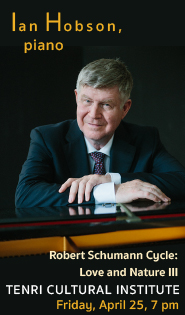
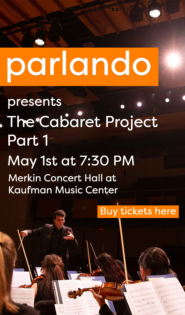
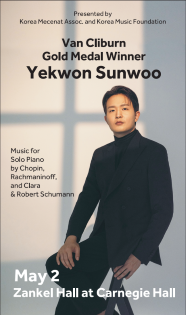
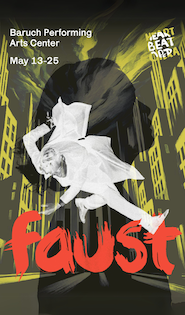
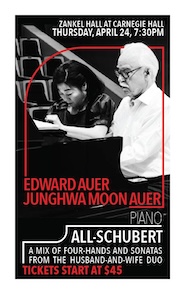
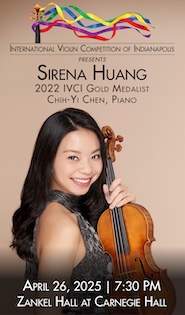
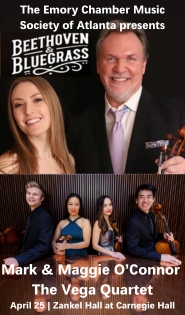
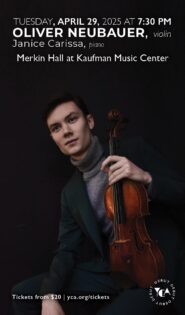
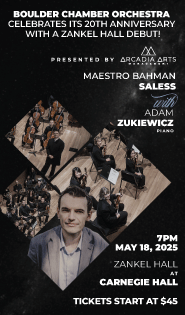
Posted Jun 08, 2022 at 1:12 am by Eleanor J Clark
Thanks for a very intelligent, dead-on review of this marvelous opera, one of the best things produced at the Met this season. Schulz, Bliss, and Bryce-Davis were outstanding; Van Horn was definitely not in the same class–such an uncomfortably tight and pressed production of tone made it impossible (as your reviewer noted) for him to be witty and devilish.
Mälkki is terrific–the Met (and the NY Philharmonic) should see much more of her. Hope your review helps spread the good news!